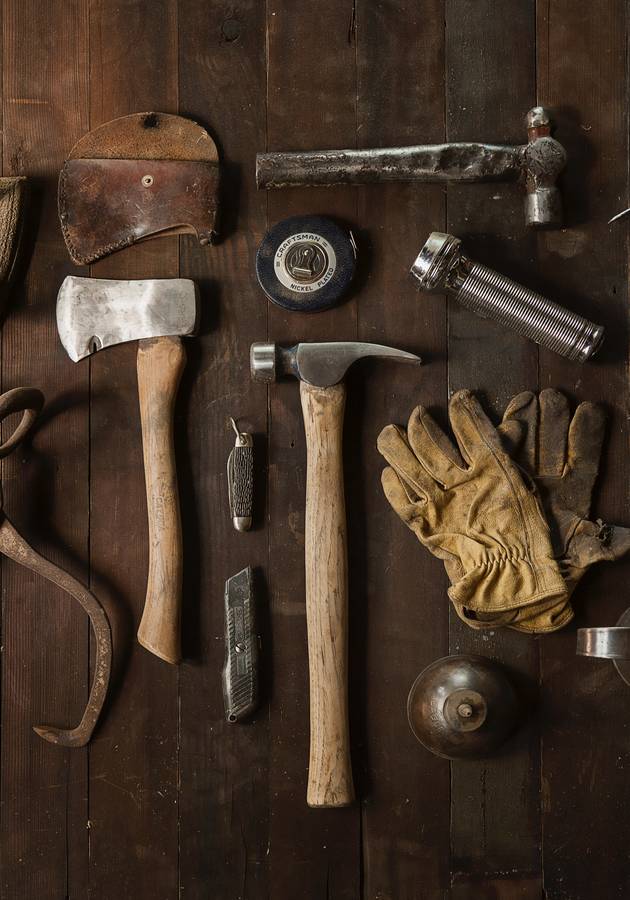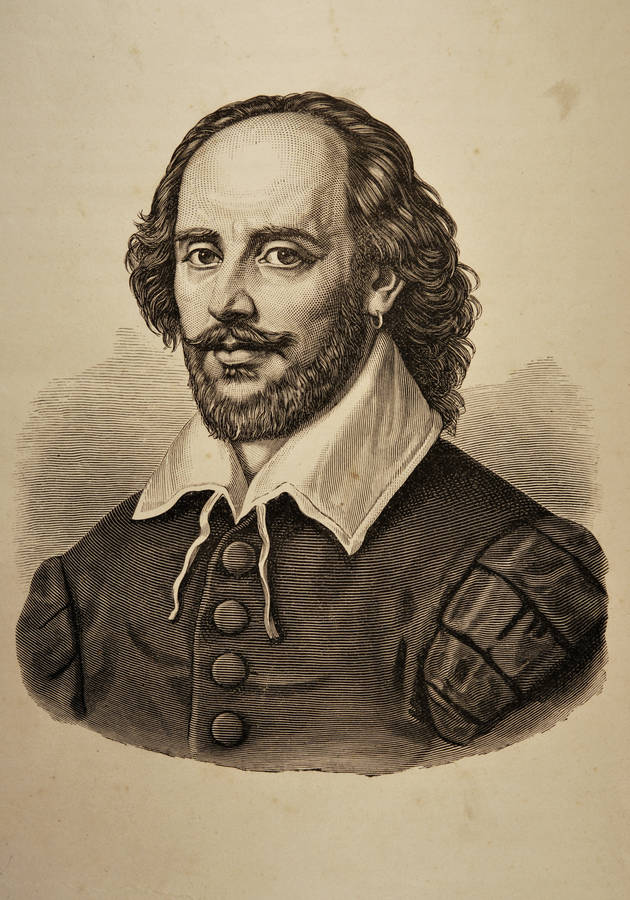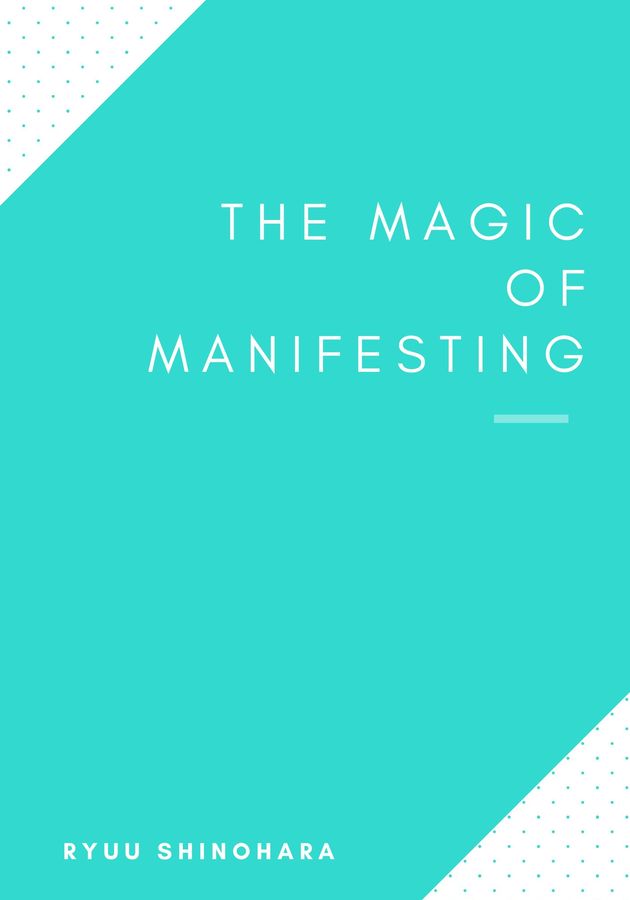Whatever problems or difficulties you face in life, “Tools of Titans” is sure to have the solution. It consists of interviews with some of the most successful and famous people of our times and ranges from topics such as healthy eating and sleeping to writing, being creative and successful investing. Whether you want to be healthy, wealthy, or wise (or all three!), “Tools of Titans” is bursting with useful advice. So, get ready to learn some of the tips by the likes of Arnold Schwarzenegger, Paulo Coehlo and more.
How to be healthy
To lead a healthy lifestyle, three things are important: movement, food and sleep. Interestingly, the author notes that 80% of the people they interviewed also practice daily mindfulness or meditation.
Amelia Boone is the world’s most decorated obstacle racer. She has completed the Death Race three times, and taken part in other extreme sports competitions such as the Toughest Mudder, which lasts about 24 hours and covers 90 miles and almost 300 obstacles. She is clearly an expert in physical fitness.
These are some of her tips for a healthy lifestyle: she consumes a mixture of gelatin and beet root powder before training to boost her endurance. However, her pre-competition breakfast ritual includes pop-tarts! Amelia also recommends rolling your foot over a golf ball regularly to increase your hamstring flexibility. A very interesting technique she often uses and recommends is dry needling: this is used for super-tight and over-contracted muscles. A needle is stuck into the muscle and the aim is to get it to twitch – which is the release.
In terms of healthy eating, Dominic D’Agostino, associate professor for molecular pharmacology and physiology, recommends the ketogenic diet, or keto. D’Agostino is committed to optimal athletic performance and uses the keto diet in combination with other metabolic therapies.
Keto is a high-fat diet. D’Agostino recommends a mild to moderate ketosis for health and longevity, which balances out between 1 and 3 mmol/L. The diet helps people lose weight and has even been cited to prevent cancer. A ketone metabolism also allows you to derive twice the amount of energy per oxygen molecule, which effectively allows you to hold your breath twice as long.
In terms of healthy sleeping, many of the people Ferris interviewed, including performance coach Kelly Starrett and music producer Rick Rubin, swear on the ChilliPad. This thin sheet is placed beneath your normal sheets to adjust the sleeping temperature through the circulation of water. Each person has a preferred sleeping temperature, so this is especially useful when sharing the bed with a partner.
Jane McGonigal, research affiliate at the Institute for the Future, recommends visual overwriting before sleeping. She says playing 10 minutes of Tetris or Candy Crush before bedtime helps soothe the mind. It can even help in dealing with traumatic events, too.
How to be wealthy
You can be wealthy in a multitude of ways. This does not only include monetary wealth but abundance in freedom, healthy relationships and free time - all concepts discussed by the interviewees. Interestingly, nearly everyone interviewed by Ferris has completed “spec” work, meaning they have worked on a project in their own time and then submitted it, which was beneficial to them as it allowed autonomy and creative freedom.
Ferris summarizes the key findings of success in two simple sentences: “Success, however you define it, is achievable if you collect the right field-tested beliefs and habits ... The superheroes you have in mind are nearly all walking flaws who’ve maximized 1 or 2 strengths.” Non-traditional paths and a tendency to turn weakness into strengths can be observed in quite a few interviewees. And if you’re having trouble focusing, many say listening to a song on repeat helps enhance their focus.
Take Arnold Schwarzenegger as an example. Not only was he the youngest person to win Mr. Universe, he is also an extremely successful actor and served the people of California as governor from 2003-2010. He believes that to get where you want to be, you need to have a strong vision of where you want to go. This will keep you motivated in working towards your goals.
In competitions, Schwarzenegger uses psychological tactics as well. Asking his competitors if they had any injuries or illnesses lately, for example, made them feel a lot less confident about themselves. He has also always worked to create a niche for himself. He didn’t let himself be deterred when, in auditions, people told him there was no need for the bodybuilder type. The perseverance eventually paid off when he was cast as the leading role in “The Terminator.”
A focus on the bigger picture can also be found in Peter Thiel’s approach to success. Thiel is now a billionaire investor and has co-founded companies such as Paypal and was the first outside investor in Facebook. He advises asking yourself counterintuitive questions to boost your thinking and motivation. “If you have a 10-year plan of how to get there,” he says, you should ask, “Why can’t you do this in 6 months?” Finally, don’t copy what others are doing, but try to carve out your own niche. For example, SpaceX has a mission statement to make life on Mars possible, and no one else is doing that.
Defy categorization
When wanting to become successful, it’s important to find a category for yourself that no one else has tapped into yet. This is what Ries and Trout call the law of the category. For example, Heineken became the first high-priced imported beer. That’s why Anheuser-Busch decided to create the first high-priced domestic beer. IBM was the first company in computers. DEC was the first one in mini-computers. “If you can’t be first in a category, set up a new category you can be first in.” Whenever you come up with a new product, think about the category in which it fits first.
Peter Thiel gives some additional tips on how to start your own start-up. He says you should always ask yourself whether you are starting with the big share of a small market (the Monopoly question), whether you have identified a unique opportunity that others don’t see (the Secret question), and whether you have a way to create and deliver the product (the Distribution question).
Tracy DiNunzio also managed to create wealth through a new idea. She created Tradesy, which makes the resale value of anything you own available on demand. She says that when starting a business and trying to get investors, you should have the first few meetings with investors you don’t really want investments from, to gain experience as you improve your pitching skills.
DiNunzio also stresses the importance of focusing on the positive. As a person living with spina bifida, she often used to complain about her life. But in 2006, she decided to put herself on a complaining diet because she realized it was creating a negative trajectory in her life.
Overcoming your fears and earning your freedom
You may feel like your fears are holding you back in tapping into your full potential. Often, following your dreams requires stepping into the unknown and taking risks. There are ways to deal with your fears though however, through fear-setting and fear-rehearsing.
Fear-setting can help with overcoming your fear of risk-taking. It means to define the nightmare, or the worst-case scenario, in great detail. You will see that facing up to your fears in such a way makes you worry less about them.
A few questions you can ask yourself in getting to this point are: “What steps could you take to repair the damage or get things back on the upswing, even if temporarily?” and “What are the outcomes and benefits, both temporary and permanent, of more probable scenarios?” Finally, ask, “What is it costing you — financially, emotionally, and physically — to postpone action?” It’s likely that having thought of these questions first will make it easier for you to finally chase your dreams.
Fear-rehearsing means regularly envisioning the worst-case scenario that could happen. You should not only envision this in your mind, but take active steps to emulate the situation. The author, for example, used fear-rehearsing to conquer his fear of losing all his money.
He started sleeping in a sleeping bag in his living room and eating only oatmeal or beans and rice. He found that after experiments of this kind, he was actually happier than before. This made him realize how independent his well-being is on his wealth. He repeats this experience every few months to remember the lesson. He says: “There is more freedom to be gained from practicing poverty than chasing wealth.”
And Tim Kreider, essayist and cartoonist, has some more advice on how to carve out more freedom in your life: Choose time over money – you can always make more money, but time is limited.
How to be wise
When it comes to wisdom, writers are good people to ask. After all, when we read books, we often stumble upon phrases or sentences so perfectly worded that they express a deep truth we always knew within our hearts.
Paulo Coelho is the author of books such as “The Alchemist” and “The Spy.” He is a strong believer in procrastination: he spends every morning pushing away the thought of writing, of facing himself, until finally he gives in to writing for 30 minutes - which quickly turns into 10 hours. He believes the guilt of not having written for those three or four hours in the morning is what fuels him.
When writing, Coelho says he enters a trance. Even when he goes to bed, he cannot go to sleep as his body is full of adrenaline. He often takes notes in bed as well, but never uses them. He just writes them down to allow himself to fall asleep.
His advice to first-time authors is simple: Trust the reader – their imagination will fill out what hints you give in your writing. There is no need to describe everything in detail. He also believes that writing takes a lot of discipline. “Books are out there to show your heart, to show your soul, and to tell your fans, readers: You are not alone.”
Another writer and singer, Amanda Palmer, believes in meditation to keep her grounded. Her way of dealing with insults or difficult situations is to adopt them completely. That’s how she also became known as “Amanda Fucking Palmer” – she embraces the pain and makes it her own, thereby taking away any trajectory this might dictate in her life.
Kevin Costner, successful filmmaker and actor, shares this feeling. He finally managed to feel free when he stopped worrying about what other people, including his parents, thought. He decided to focus on himself instead and follow his own dream of becoming an actor. By realizing that it only mattered what was important to him, suddenly everything became possible.
Final Notes
If you want to be successful, you need to carve out a niche for yourself and follow your dreams. Be determined and never give up. To keep yourself healthy and active, take care of your sleep patterns and aim for a healthy diet.
“Tools of Titans” is a 500+ page book filled to the brim with tips, stories and entertaining anecdotes of some of the most successful people of our times. Flipping through the pages and reading some of their thoughts is bound to impart some practical wisdom to you.
12min Tip
Try Vipassana meditation: this means sitting down, paying attention to the breath and body and surveying your thoughts and feelings without judgement.





























